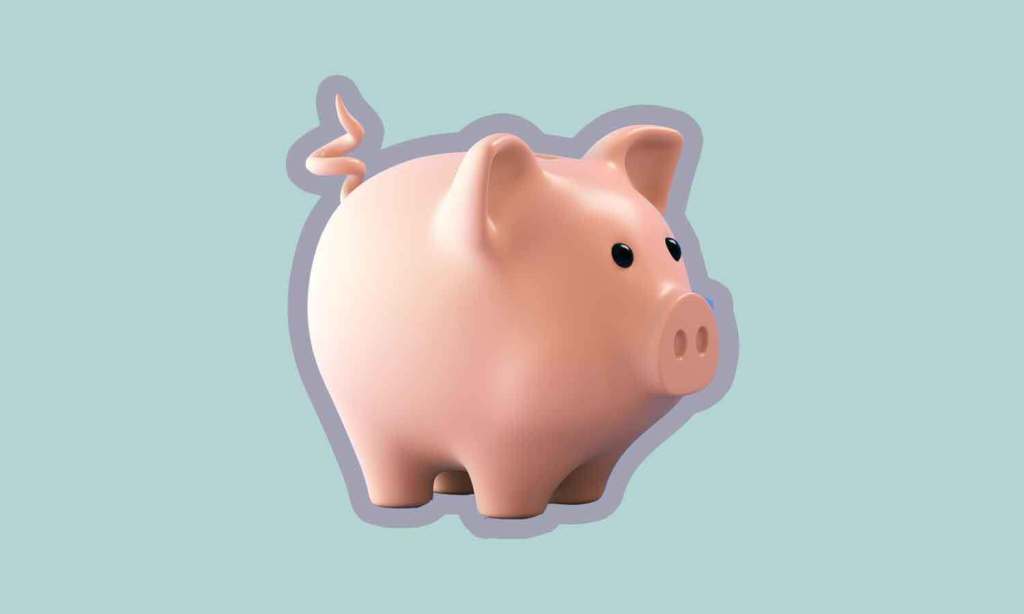When sitting down to write this, I truly thought that COVID was the cause of all of our financial woes. Even with the COVID vaccine on its way, there’s really no limit as to how this pandemic has altered our lives. I mean, even the government are looking into how it’s impacted our mental health.
Although COVID has definitely impacted us financially — look at JobKeeper and JobSeeker — this is an issue that’s been on our minds for years. In fact, financial institute AMP calls financial stress a “systemic issue in Australian society”. The company’s 2020 Financial Wellness research found that 1.8 million Australian workers have moderate or severe levels of financial stress — and uh, nearly half feel financially stressed for an average of 6.5 years or more.
As someone who was on JobSeeker for most of last year, it’s safe to say COVID did play a role in amplifying financial anxiety. I — and you, most likely — definitely wasn’t alone in this. 42% of employees perceive their finances to have been negatively impacted by the pandemic. And, unfortunately, but unsurprisingly, financial stress then, in turn, impacts our mental health. Black Dog Institute calls it a “vicious cycle”.
Thankfully, there are a plethora of options out there to help you with financial stress. From AMP to Black Dog Institute to healthdirect to us, we’ve got you — and your stress — covered. Here are three ways to deal with financial stress.
Financial Stress Tip #1: Acknowledge your stress
When it comes to money, it can be hard to admit there even is a problem — but that only serves to compound your stress. Write down your stress (we suggest journalling), and meditation is also good for dealing with stress.
Continue to eat healthily (there’s recommended food just for stress) and exercise often, to keep your mind feeling its best. Take some time to Marie Kondo your finances.
Financial Stress Tip #2: Talk to people about it
Sharing your concerns or worries will help in the long run — those close to you may even have some ideas that you might not have considered. Colleagues, or your employer, may be able to recommend online resources and education programs — your employer may even supply them.
Other people you can talk to? Your bank. If you’re unsure where to start, the Australian Banking Association has a webpage dedicated to support during COVID. The National Debt Helpline, 1800 007 007, also offers the chance to talk to a financial counsellor, free of charge. The Department of Human Services also has so much advice on managing your money.
Don’t forget you can also negotiate with people you may be paying bills to — your landlord, your insurance provider, your utility companies, your phone provider. You name it, you can negotiate with it. We’ve even put together three ways you can save on your health insurance.
Financial Stress Tip #3: Write it out
And no, not in the journalling method we mentioned before. Physically write down (or type, if you’re an Excel fan) all your spending. See what finances are essential and necessary, and which ones could be put to the side for now. If you can, put some money aside in an emergency fund for later down the line.
You may need to limit what we call ‘fun money’ — instead, organise at-home game nights, create clothing swaps, check out Facebook Buy, Sell, Swap groups for cheap (or free!) goodies.
And remember, this isn’t forever. Remind yourself of that, through affirmations if need be. You’ll be in a safer, better place financially one day — and when you’re there, we recommend building a financial portfolio.







